Examples of Volunteers Hours
· Answer/Plant Clinic. Staffing sites where public can get information from MGs about horticulture, gardening practices, and plant problem diagnosis. MG contact with the public may be face-to-face or by telephone or email.
· Demonstration Gardens. Creation and maintenance of gardens used for teaching about plant selection and maintenance and sustainable gardening practices. Preparing educational materials to be used in demo gardens including fact sheets, plant lists, and plant/garden labels and signs; production of vegetables and other plants to demonstrate gardening techniques and to donate to food banks and other community food programs.
· Note: Some activities are not appropriate for certification or recertification; examples include: maintenance of Extension building landscapes or parks, community gardens, or other grounds when no educational component is involved.
· Community Gardens. Teaching/demonstrating gardening techniques or helping to develop new community gardens. Maintenance of community gardens when no educational component is involved may not be counted as volunteer hours for MG certification or recertification.
· Youth Outreach. Participation in educational programs with youth audiences including school gardens, community gardens, Junior MG programs, classroom activities and lessons, and age-appropriate curriculum development.
· Storm water Education. Participation in teaching and demonstration of rain gardens or other gardening techniques for conservation/water quality purposes.
· Other Educational Delivery. Participation in educational projects that don’t fit into the other categories listed here, including horticulture therapy programs for gardeners with limited physical or mental abilities, native plant identification and use, reduction of invasive species, presentations, workshops, garden tours, writing articles (if approved by program coordinator), compost education, etc. Research for articles and preparation for teaching a class is not part of educational delivery. Program coordinators may allow reporting of research time in continuing education or program support.
· Program Support. Activities approved by your program coordinator that don’t result in education, but support the MG program such as helping with fundraising events, attendance at planning meetings, etc.
